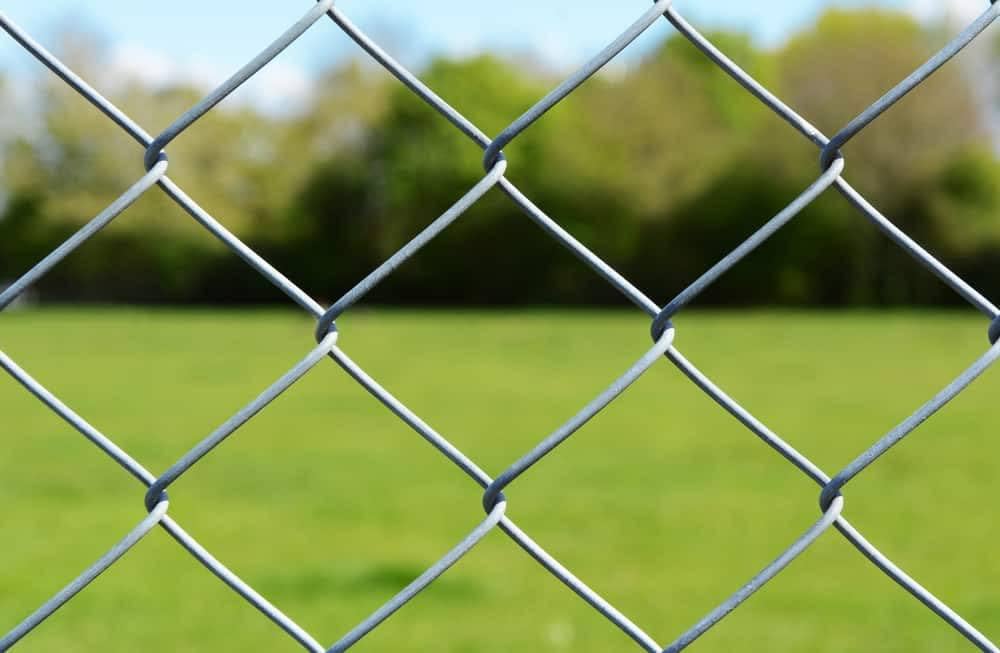Chain link wire is a popular fencing material made from steel wire that is woven into a diamond pattern. It provides a durable and cost-effective solution for enclosing areas and is commonly used for residential, commercial, and industrial applications. Its flexibility, strength, and ease of installation make it a versatile choice for various fencing needs.
Types of Chain Link Wire
- Galvanized Chain Link Wire: Coated with a layer of zinc to protect against rust and corrosion. It is the most common type used for general-purpose fencing.
- Vinyl Coated Chain Link Wire: Features a vinyl coating over the galvanized wire for additional protection and a variety of color options. This coating provides extra durability and enhances appearance.
- Stainless Steel Chain Link Wire: Made from stainless steel for maximum strength and resistance to corrosion. Ideal for high-security or harsh environments.
- Custom Chain Link Wire: Can be customized in terms of wire gauge, mesh size, and coating to meet specific project requirements.
Key Features
- Durability: Chain link wire is known for its strength and resistance to wear and tear. Galvanization or coating further extends its lifespan.
- Flexibility: Can be easily adapted to different shapes and sizes, making it suitable for a variety of fencing applications.
- Visibility: The open weave of chain link wire allows visibility through the fence while still providing a barrier.
- Ease of Installation: Chain link fencing can be installed quickly with basic tools and minimal labor, reducing overall installation time and cost.
Applications
- Residential Fencing: Provides a secure boundary for homes and gardens, keeping pets and children safe.
- Commercial Fencing: Used to secure commercial properties, including warehouses, retail spaces, and parking lots.
- Industrial Fencing: Ideal for high-security areas, factories, and construction sites where durability and strength are crucial.
- Sports Facilities: Commonly used for enclosing sports fields, playgrounds, and courts due to its ability to withstand impact and provide clear visibility.
Installation
- Preparation: Clear the area where the fence will be installed, ensuring it is level and free of obstacles.
- Post Installation: Set posts in concrete or secure them with ground anchors, depending on the soil and fencing requirements.
- Mesh Installation: Attach the chain link mesh to the posts using tension wire and clips. Ensure the mesh is taut and properly aligned.
- Finishing Touches: Secure the bottom of the mesh with barbed wire or tension bands to prevent sagging and improve security.
Maintenance
- Inspection: Regularly check the fence for any damage or wear, such as rust spots or loose fittings, and perform necessary repairs.
- Cleaning: Clean the mesh periodically to remove debris and prevent rust buildup, especially in coastal areas where salt can accelerate corrosion.
Benefits of Chain Link Wire
- Cost-Effective: Provides an economical fencing solution without compromising on strength or functionality.
- Low Maintenance: Requires minimal upkeep compared to other fencing materials.
- Versatile: Suitable for a wide range of applications and environments.
- Quick Installation: Can be installed quickly and efficiently, reducing labor costs.
Why Choose Chain Link Wire?
Chain link wire offers a reliable and economical fencing option that combines strength, durability, and ease of installation. Whether you need to secure a residential property, a commercial space, or an industrial site, chain link wire provides a practical solution that meets a variety of needs. Understanding its features and applications helps you make an informed decision and ensures you get the best performance from your fencing investment.


